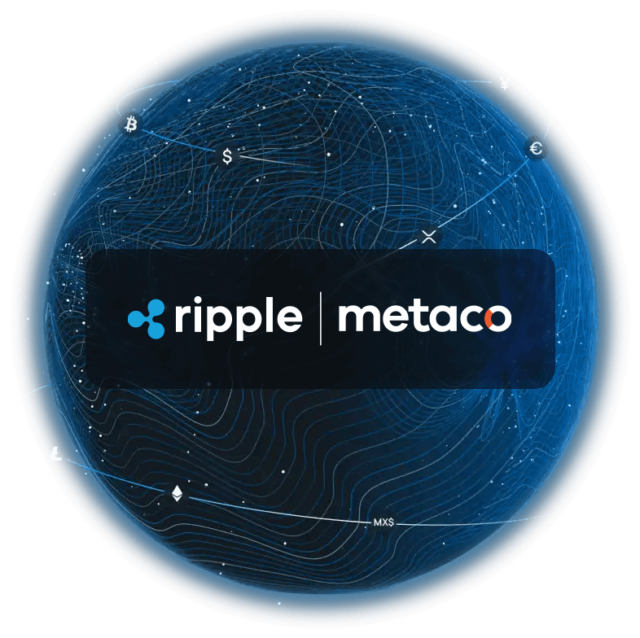The decentralized future of banking
I have spent my whole career in banking and fintech and I have experienced firsthand multiple phases of technology disruption. The next one is decentralized finance.
Financial services provision is entering a new phase
When I finished my undergraduate studies in IT, like many of my generation I went to work for a financial institution. It was a logical step. Banking is an IT intensive industry where there was a lot of scope to capitalize on technology to drive efficiencies and I ran a number of successful automation programs.
But, over time, I realized that it was easier to effect more meaningful change from the outside. Working first as a consultant and then at a fintech company, I helped banks to capitalize on internet technologies to change their delivery models. Essentially, I introduced into banks platforms that would help them to deliver more seamless and personalized customer experiences and advice, which is what the last wave of creative disruption has been all about.
But we are now entering a new phase. So far, technology made banking more efficient, more convenient and, more recently, more personalized. Now technology promises to make banking fairer and more inclusive by making it more decentralized.
Decentralized finance is about more than crypto
Decentralized finance to many has become synonymous with Ethereum apps and Bitcoin, but it goes much further. Decentralized finance is about taking the trust that we invest in key gatekeepers, such as exchanges or correspondent banks, and distributing it; essentially, making trust intrinsic to all financial interactions rather than a layer on top.
This is a gamechanger. It will reduce the cost of financial intermediation, opening up banking to hundreds of millions of people and millions of businesses that are underserved or not served at all. It will also democratize asset ownership since the cost of issuance and exchange will drop, opening up both more asset classes and a larger pool of potential investors. It also promises to galvanize industry in general, both through first order consequences of lower fees as well as second order consequences of more access to finance and more frictionless peer-to-peer exchanges.
Banks won’t disappear, but their roles will change. They will become the gateways between the traditional world of centralized finance and the new world of decentralized finance, opening up new – and less asset-intensive – revenues in custody, trading and staking. This is why I decided to change roles, to be in a position to once again help financial institutions to navigate successfully a major technological revolution.
Why METACO
There are many other firms providing financial institutions secure platforms for issuing, trading, tokenizing and safeguarding digital assets. The reason I chose to join METACO is because it has focused on the need to go further, to provide orchestration capabilities.
Orchestration capabilities are critical to buy optionality and to achieve the right level of security and control in a complex environment.
The reason optionality matters is because the digital assets space is changing fast. Firms need to make decisions about technology and about business models that, while sound today, may prove to be unsound in light of market movements. For example, a firm may want a direct-to-consumer model and then change its mind and want to distribute its services through third parties. Orchestration platforms allow for that level of flexibility since they split interaction from orchestration from record keeping, allowing for agility across sourcing, distribution and operating models.
Orchestration also matters to manage complexity. As firms grow in the digital asset market, they realize that they need to work with multiple vaults, sub-custodians, and liquidity providers, irrespective of whether their focus is trading, custody, or tokenization. This creates institutional challenges in terms of security, with a proliferation of access points weakening end-to-end processes.
Orchestration platforms, like METACO Harmonize, manage all of the many-to-many interactions, providing the connectivity but just as importantly acting as the overarching policy engine that ensures tight security management and a single point of integration.
Joining the revolution
I am totally convinced that the future of banking will be decentralized and networked. I am equally convinced that the technology that financial firms need to successfully and securely operate at scale in the nascent market is Harmonize from METACO. If I can tell you more about METACO or discuss how your business can capitalize on the digital asset opportunity, please reach out.







